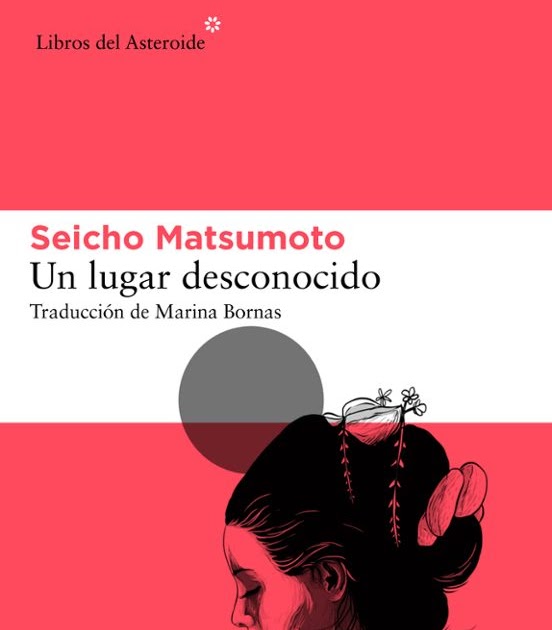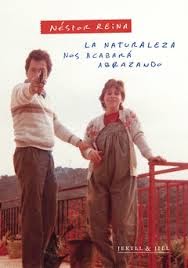
Original Language: Japanese
Títutulu Original: Where I didn’t ask (Kikanakatta Basho)
Year of publication: 1975
Translation: Marina Borns
Valoración: quite well
Tsuneo Asai is a modest, although the most efficient, an official of the Japanese Ministry of Agriculture who, in the course of a work trip with his boss, receives the news that his wife Eiko has died suddenly. After the initial stupor and once the proper funeral ceremonies ASAI was fulfilled, he began to investigate the concrete circumstances of the death of his wife, who, apparently, suffered a heart attack and therefore had to take refuge in a cosmetics store in a neighborhood that was not his, where he finally died. But the widower begins to suspect that there is something strange in the whole matter and begins to investigate a possible double life of his wife.
The novel is renovating, at least in its three -fourths, all this investigation of the infamous Asai to find out the truth. It is not, in any case, a thrilling thriller, since the protagonist acts exactly like what he is: a discreet and even gray official, but consistent and persistent, who is taking all the necessary steps, one by one, pera to reach his goal. The same thing that does, by the way, author of the book, that he chooses a narrative I will not say that Morosa, but it does slow and exhaustive, with frequent recapitulations (perhaps unnecessary, although they are not that they bother too much) about what has happened until that time. In any case, it is a misleading slowness, since there comes a time when events rush and in what way … I will not advance anything, of course, unless the Cuido Asai ends up getting on roads that never thought it was to travel …
Matsumoto, a prolific novel writer not only police (also of historical nature) is considered, apparently, the “Japanese Simenon”, having been the first to introduce an important psychological burden in the black novel -more good noirin this case- of your country. I do not say no, but this work has reminded me more to those of the great Patricia Highsmith, with its seemingly harmless characters but prone to crime and without regrets for it -although yes with fear of punishment -; His plots that pass to a large extent within the thoughts of his protagonists, his world of secrets and misgivings … and also of the unforeseen events of which any life is truffled, as controlled that seems and that often determine our becoming. His understanding of the corners not only dark, but murky of the human soul and empathy that we cannot stop feeling for his characters. The same thing that happens in this book by Matsumoto, a writer to which you will have to continue reading and discovering small jewels like this, modest -looking jewelry that can hide bright perhaps not perfect at all but, precisely because of that, more interesting.
Source: https://unlibroaldia.blogspot.com/2025/07/seicho-matsumoto-un-lugar-desconocido.html


